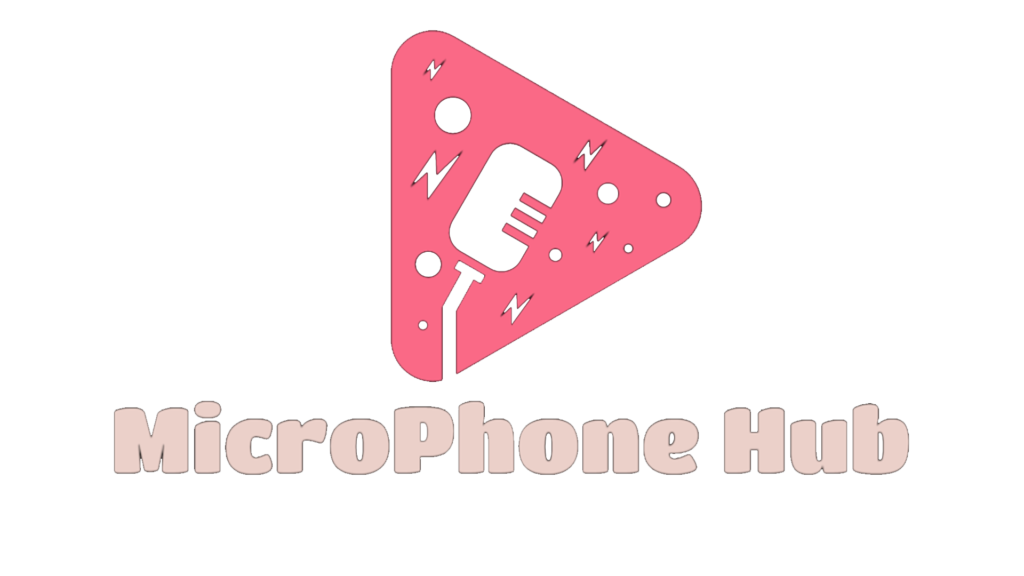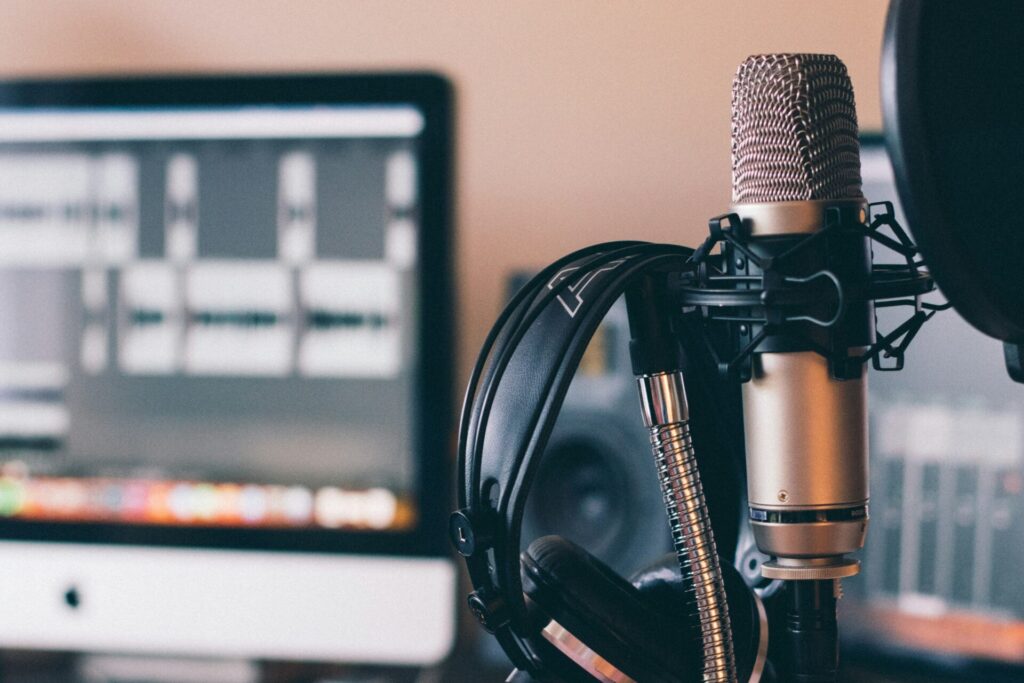Mics are a very helpful tool for recording the content. Today, we have many choices, and finding the best microphone for recording your content is challenging. First, you should decide whether to use XLR or USB microphones when choosing gear for your recording studio or live performance. The XLR connector has been in the audio industry for almost 60 years. The ability to directly connect a microphone to a computer or other electronic device with a USB port was made possible by the later invention of the USB connector. This guide will cover the differences between USB and XLR microphones and the pros and cons of each. Let’s find out which one suits you best! Here we go!
Difference Between USB and XLR Microphones: Pros and cons
XLR and USB microphones are both excellent for recordings. Your ideal option will depend on your setup, spending limit, and microphone preference. To help you choose which microphone is perfect for you, below are some of the advantages and disadvantages of each.
USB Microphones
USB microphones function similarly to plug-and-play computer accessories. They are easy to use; you only have to plug them into a USB port to start recording. Here are some possible pros and cons based on experience!
Pros of USB mics
Require no additional gear: When recording alone, you only need a pair of USB cables for plug-and-play. If you plan to record more than one person, you’ll need an audio interface, USB mics are super easy to go.
Cost-effective: USB microphones provide sound quality similar to XLR microphones but at a lower price. Many of them on the market even have XLR and USB connectors.
User Friendly: For beginners, USB microphones are easy to use. You don’t need any additional tools or technological knowledge to get started.
Portability: USB microphones are easy to take and don’t require any other hardware or phantom power.
Cons of USB mics
Fewer options: The main disadvantage of USB microphones compared to XLR is the number of options.
Limits on what you can do with your setup: XLR microphones are the standard on most podcast gear. Buying a USB microphone may limit your options if you expand your podcast setup later.
Not all computers can detect more than one microphone: some computers may also have trouble distinguishing between USB microphones when recording with many people.
Lack of Professionalism: While USB microphones are great for simple recording tasks, XLR microphones can provide higher professional audio output.
Read on: The Best USB Microphones
XLR microphones
XLR microphones are more traditional and are often used in professional settings. These microphones require additional microphone accessories, such as an audio interface or mixer. Here are the pros and cons:
Pros of XLR mics
Best for recording multiple people: If you want to record more than two people, XLR microphones are the best choice.
Flexibility: If your podcast layout changes in the future, noise cancelling microphones, interfaces, and connections are easy with XLR microphones.
Professional Quality: XLR microphones are a studio favourite because they produce sound suitable for professional recording.
Sound Quality: The sound quality of XLR and USB microphones is the same. But you will hear better-quality audio if you spend over $200 on a high-quality XLR microphone.
Cons of XLR mics
An interface is required for operation: XLR microphones must be connected to a USB interface even when recording alone. For the inexperienced podcaster, purchasing an audio interface can be expensive.
Complex Setup: For beginners, setting up an XLR microphone can be intimidating as it requires additional equipment, such as an audio interface or mixer.
More expensive: XLR microphones cost more than USB microphones and require additional equipment. You’ll need to buy an audio interface, field recorder, or mixer to record audio.
Less practical for travel: The XLR setup is more expensive and less practical for transporting novice podcasters.
Which one should you choose?
USB microphones can be a good option if you’re starting or need a microphone for simple recordings. USB microphones are an excellent choice for podcasters who work alone or with two co-hosts when used with recording software. They also work effectively if you use Squadcast or Zoom software.
If you’re recording more than two people at a time, XLR microphones are best. They also work well if you want to change your podcast’s structure gradually. Investing in an XLR microphone gives you many options if you have the money.
This article will help you discover the difference between USB and XLR microphones and select a microphone or microphone for specific applications. Most experienced recording professionals own a variety ohttps://en.wikipedia.org/wiki/Microphonef microphones and use each for the most appropriate purpose.




